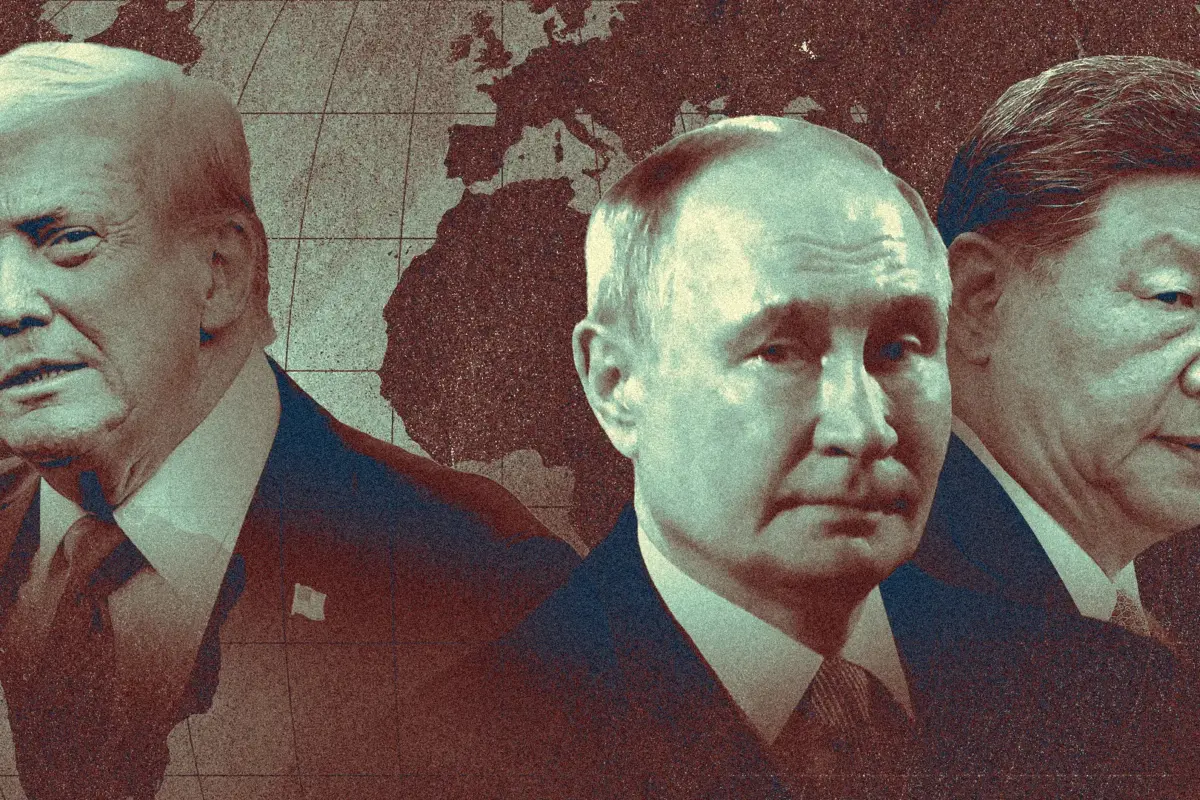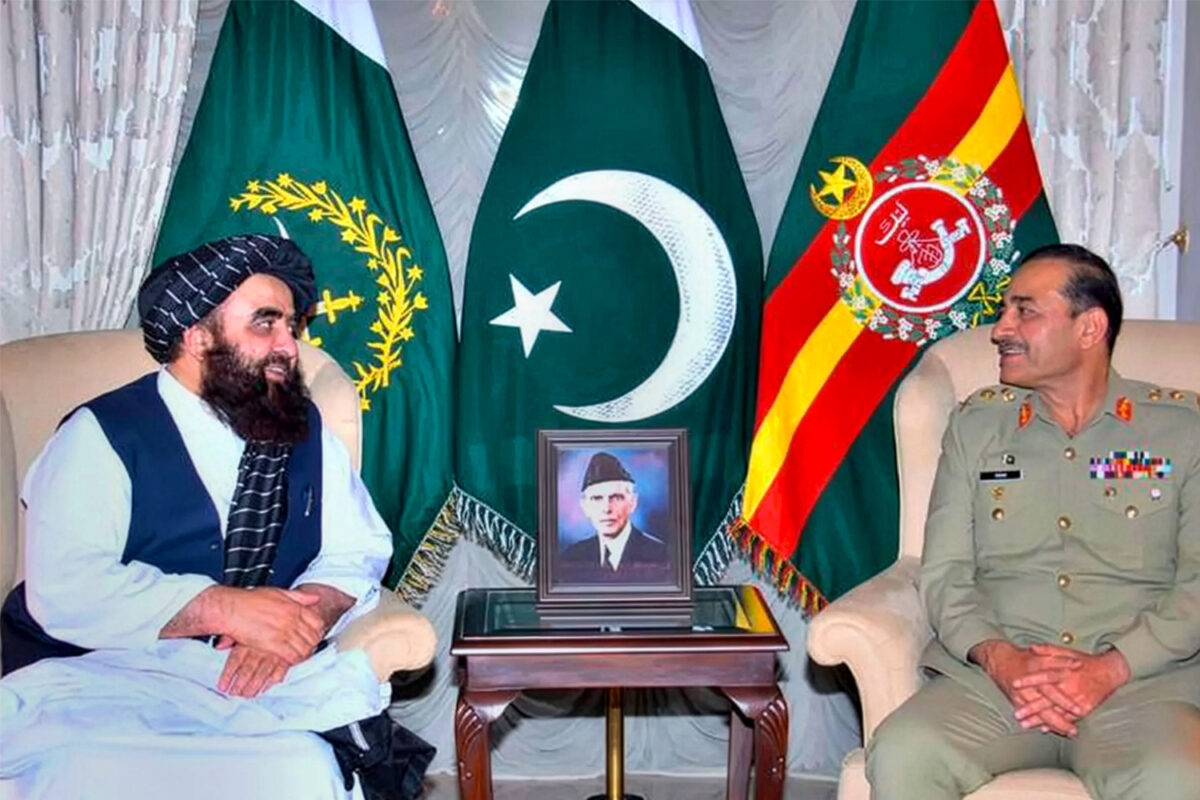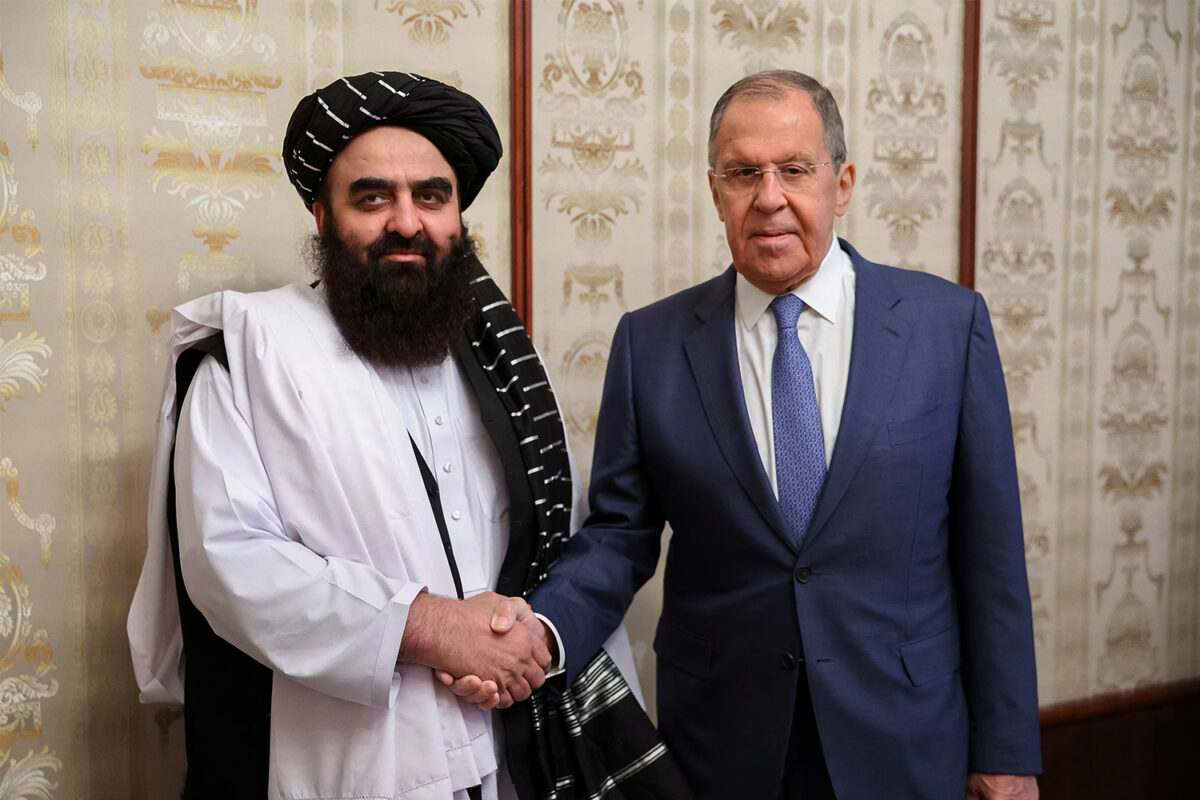In 2011, the Arab world experienced uprisings that were followed by counter-coups. During the Arab Spring that stretched from Tunisia to Egypt and from Bahrain to Syria, thousands of lives were lost as the masses flocked to the streets and governments responded with brutal clamp downs. Sadly, this was not just in its initial phase but also the ensuing period as the masses believed they had achieved some key concessions from their ruling regimes. This was often the result of a counter-coup or counter revolution from elements within the governing body. There is little doubt that this had a deflating effect on many in the region and beyond who placed great hopes in the movement. So deflating in fact, that in Egypt, the brutal counter-coup by General Sisi against the Muslim Brotherhood’s (MB) Mohamed Morsi even led some from Morsi’s support base to turn against conceptions of “Islamic governance” altogether. Supporters consoled themselves with the belief that Egyptians must simply not have been ready for radical change.
However, this analysis of events is grossly misunderstood.
Without a grasp of how the establishment truly functions or what and who makes up the deep state across various lands, many have repeatedly made themselves extremely vulnerable to the counter-coup.
Now in Bangladesh, major protests led by students have taken place — triggered by the quota system that allocates civil service jobs primarily to people affiliated with the ruling party. After hundreds were shot dead, tortured and killed by Sheikh Hasina’s government, she has now fled Bangladesh as her position became untenable. While hope is in the air, this is also a perilous time for Bangladesh as, without a doubt, the counter-coup will already be underway.
Here are FIVE red flags that students and protestors must look out for to prevent a hijacking of their revolution:
1. Martial Law
The majority of post-colonial Muslim lands are governed by their armies with the civil government acting as a front.
Martial law or “states of emergency” is when the most significant element of the deep state, i.e. the military, comes to the fore under the guise of providing “law and order”. Military rulers take the helm to preserve the existing regime. Bangladesh is no different.
Sheikh Hasina had ordered the army to control the protests in July after over 120 students were killed. It was under the advice of Army Chief General Waker Uz-Zaman that Sheikh Hasina fled the country. While martial law has not been officially declared in Bangladesh, it is understood that General Waker is the man in control. So far students have outright refused to allow any elements of the military to head the government. This has led the army chief to propose an alternative.[1]
2. The “Interim Government”
The interim government is when a temporary government is formed to allow a period of transition.
Or so it’s thought. In both Tunisia and Egypt, the interim government was used as a measure to appease protestors, to remove the very public and well-known faces that had become symbols of people’s grievances and ire. However, this became an avenue for the deep state to simply negotiate its position for the new government-to-come, using insidious means.
More than ten years after the transitional government in Tunisia following Ben Ali’s removal, Tunisian President Kais “Robocop” Saied (named not-so-endearingly by Tunisians because of his voice) has already issued an emergency declaration firing the prime minister, freezing the work of parliament for thirty days, assumed all executive power, effectively initiating a self-coup. He codified his actions in a presidential decree the next day. Kais Saied has expanded his control over everything from the legislature to the media undoing any gains that were made since 2011.[2] And no-one can contest the fact that senior political and administrative officials of the former regime have been reinstated in politics.
In Egypt, the transitional government was used to ensure that many industries and media outlets remained in the hands of private companies owned by those who had remained close to President Hosni Mubarak’s regime.[3] These groups played a large part in seriously undermining Mohamed Morsi’s new government, causing manufactured shortages in energy and constant blackouts. Police abandoned the streets and didn’t return in significant numbers until Morsi was removed from power. This provided the propaganda backdrop to portray ‘the inevitable incompetence of an Islamic leadership’ by a secular Egyptian media when both Islamic governance and true management of Egypt’s resources were negotiated out of Morsi’s hands during the transitional period!
In Bangladesh the current phase will make or break what happens next. Although picked by student protestors themselves, the appointment of Muhammad Yunus to lead an interim government doesn’t bode well for Bangladesh — this form of government is usually a sign that the army has made concessions only to buy more time and gain concessions of their own to prepare themselves for a counter-revolution. Students must pay close attention to any agreements and concessions made during this period.
3. Western Approval and Disapproval
Like clockwork, any regime change that threatens the “stability” of the Western world order is followed by a chorus of concerns for human rights abuses and notions of universal values. This is usually to apply immense pressure to those who have already sacrificed their lives to now compromise the soul of their movement. In this regard, Western approval, especially from their political class and media, is a red flag.
Muhammad Yunus, widely seen by the colonial West as a stabilising figure, left France to be sworn as the head of Bangladesh’s government. Credited with bringing interest-based finance to the villages, it’s safe to say Yunus looks towards Western models of capitalism for progress.
On Yunus’ appointment Indian MP Shashi Tharoor said, it’s no cause for anxiety for New Delhi: “I know Muhammad Yunus personally, he is a highly respected figure. I suppose he is somewhat close to Washington rather than being seen as close to Jammat e Islami or Pakistani ISI. If you look at the overall composition of the interim government, there doesn’t seem to be any particular reason for India to feel any anxiety about countries hostile to us having put their stamp on this interim government”.
This does not mean Yunus is not sincere in his quest for Bangladesh’s development and progress. However, as the famous proverb goes, “the road to hell is paved with good intentions”. Alternate systems and ideologies are needed if Bangladesh is to unplug itself from the rigged game that is the capitalist, Western world order.
4. Cosmetic Change
Without a blueprint, protests and uprisings become aimless and are easily hijacked.
Regimes deceptively preserve the status quo by using a number of tactics: allowing a change of faces in official leadership positions, maintaining artificial borders that divide Muslims and ethnic groups and preserving institutions that act as pillars of the establishment. Even a new constitution alone isn’t enough to stir meaningful change without a comprehensive and detailed plan for ideological and systemic change.
Case in point: a strictly juridical approach would lead to the assertion that Tunisia has completely changed regimes by adopting a new constitution in January 2014. But this has not been reflected by the institutional practice of politicians.[4] Today in Tunisia, many look fondly at the relative stability that was provided by Ben Ali’s dictatorship instead!
Without a proposition and plan that reflects the core beliefs of society, it is very difficult to steer society to a new direction. Being a majority Muslim country with deep-rooted Islamic history, it is critical for the people of Bangladesh to have a constitution and detailed plan that reflects the people’s convictions. It is crucial that the personnel and organisational capabilities are there before any government is formed. Waiting to develop a blueprint once in power will be a recipe for disaster. Presenting amended constitutions that have no ability to inspire the masses will allow the deep state to use its political experience against the protestors.
5. Nationalism
On the 6th of August, Bangladesh students pulled down the statue of Sheikh Mujibur Rahman, the founder of Bangladesh. His Awami League had won the first elections of Bangladesh with a thumping majority in 1970. For protestors, his statue represented authoritarian rule that quickly followed his election win as well as representing the regime of his daughter — Sheikh Hasina. The pulling down of the statue was iconic as Mujibur was also a staunch nationalist who oversaw Bangladesh’s secession from Pakistan. Was it a turning point for Bangladesh?
Many Bengalis have shown an amazing commitment to Islam — and towards Muslim lands under severe occupation such as Palestine — even during their own struggles. The current regime will use patriotism and nationalism to dilute global solidarity and turn a potentially Islamic movement into secular struggle. The waving of Palestine flags and white Islamic banners among protestors has already caused waves in the media. The Economist went as far as editing out images of Palestine flags from pictures of protestors who took over government buildings. Perhaps outward expressions of brotherhood transcending borders induces fears of a global project.
Domestically at least, the idea of an Islamic polity threatens to uproot the establishment and has all the ingredients to stop a manufactured counter-coup. Regimes understand Islamic governance offers legislation that determines how private property is acquired and distributed, how natural resources are allocated, the range of wealth taxes that are collected and Islam’s zero tolerance approach towards vice industries and interest-based finance. From the Islamic perspective, these are not issues that can be negotiated in an interim or new secular government.
The focus Islam has on foreign policy and defence also alarms army chiefs who prefer nationalist movements which is more likely to allow them space to manoeuvre for a counter-coup. Establishment figures will do their best to make sure the people of Bangladesh do not adopt a vision that encompasses fellow Bengalis and Muslims across their border. Any political alliance with Pakistan would also panic India, who would now have to watch two flanks. We can expect New Dheli to use all their assets in Bangladesh to protect pro-Indian elements that they nurtured under Sheikh Hasina.
For those fighting the counter-coup in the Muslim lands, nationalism is perhaps the most invasive red flag, having affected the Muslim world for well over a century. While the danger of other red flags are easily understood, nationalist rhetoric speaks to primal instincts that reside in all men and is a philosophical position that opens the doors to Western hegemony. For Bangladesh students and protestors, they cannot afford to let the mistakes of the Arab Spring happen in South Asia.
[1] Bangladesh PM Sheikh Hasina flees, army says interim government to be formed | Reuters
[3] Did Egypt’s military manufacture an economic crisis to sabotage Morsi? | The Week UK




